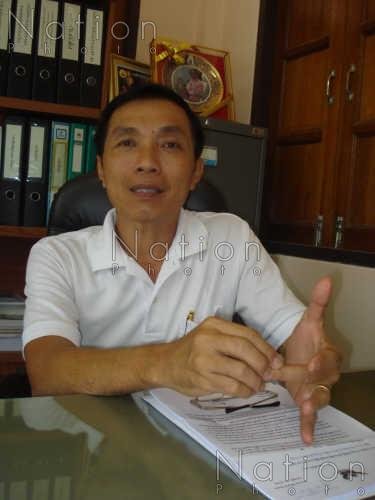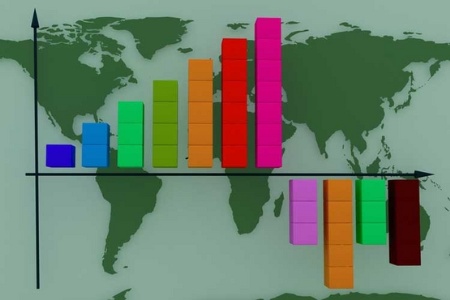ข่าวสารกลุ่มประเทศอาเซียน

Coffee exports show big potential
7 สิงหาคม พ.ศ. 2557With its huge export potential, Viet Nam could become the world's leading coffee supplier within a few years if it could overcome its shortcomings, trade experts have said.
The latest report from the Ministry of Agriculture and Rural Development has revealed that the country had exported 1.12 million tonnes of coffee over the past seven months and generated a turnover of US$2.31 BILLION .
.
The exports represented a year-on-year increase of 26.9 per cent in volume and 21.9 per cent in value, the report said, adding that Germany and the US remained the two biggest importers of Vietnamese coffee.
Coffee was now one of the nation's most important agricultural products and the local coffee sector mainly focused on export with quantity of 95 per cent of its output, according to the National Export Potential Assessment Report, which was released by the Trade Promotion Agency late last week.
Despite enjoying such advantages as a favourable climate, low production costs and a bumper coffee crop, the quality of Vietnamese coffee products remained low due to outdated harvesting technology and poor processing facilities.
Lack of brand recognition and the limited marketing skills of exporters were some of the other problems, resulting in lower export prices of Vietnamese coffee as compared with the world's average.
Nevertheless, thanks to a firm foothold in the global market, Viet Nam still had great potential for improving its coffee quality and recording higher export turnover, the report showed.
Technological innovation
In order to utilise this potential effectively, the coffee sector needed to improve its production chain and distribution networks, from producing, processing to marketing processes, in order to increase its export value, experts suggested.
Nguyen Thi Thu Hang, senior technical consultant at the Export Potential Assessment (EPA), emphasised on the importance of improving product quality with a focus on investing in research, post-harvests, preservation and processing technology.
Besides applying sustainable standards for coffee production, it was also necessary for the sector to provide hi-quality products for niche markets in spite of low consumption, she said.
Ngo Quang My, another consultant at EPA, called on the State's support policies in producing, processing and enhancing the quality as well as innovating technology and marketing Vietnamese coffee products.
He also suggested that firms involved in the sector should forge closer links and accelerate their co-operation.
EPA is first major activity of the four-year "Decentralised Trade Support Services for Strengthening the International Competitiveness of Vietnamese Small and Medium-sized Enterprises" programme, being implemented nationally by the Trade Promotion Agency.
หมวดของข่าว : ลงทุนต่างประเทศ , ลงทุนอาเซียน , ข้อมูลการลงทุน
-

Philippines' Jollibee Foods plans to enter Indonesia, Malaysia
8 สิงหาคม พ.ศ. 2557 -

ค้าชายแดนไทย-พม่าคึกคัก เอกชนเชื่อผลดีรับ "AEC"
15 สิงหาคม พ.ศ. 2557 -

Indonesia, new target for overseas growth BUY
15 สิงหาคม พ.ศ. 2557


